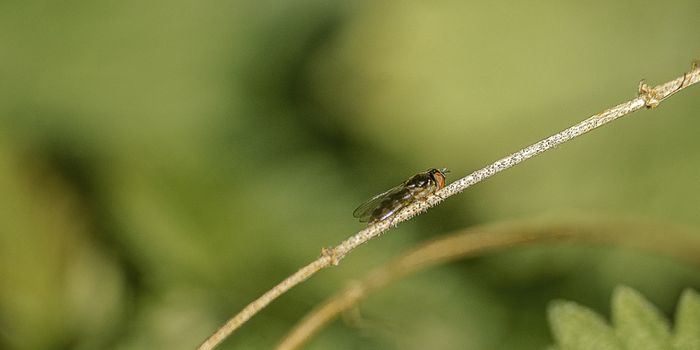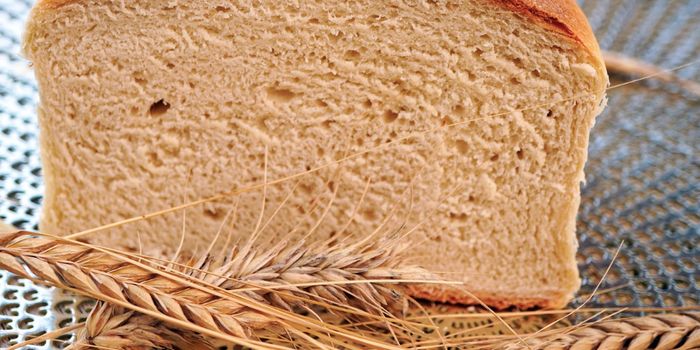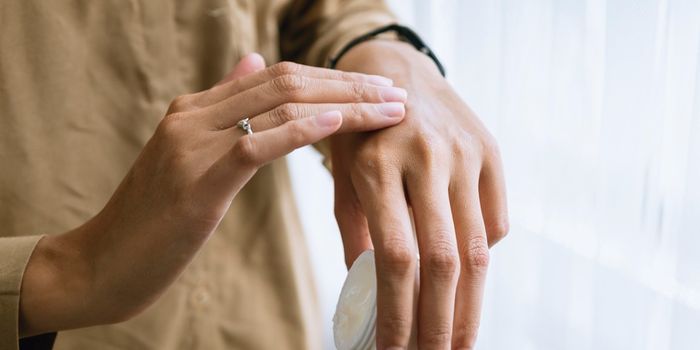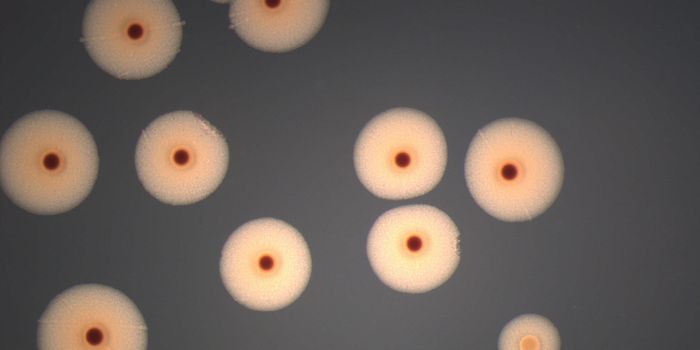Dieting Impacts the Microbiome, Which May Affect Weight Loss In Turn
The many microbes in our gastrointestinal tract affect us, and they, in turn, are affected by what we eat. Scientists are starting to learn more about this complex relationship. New research has suggested that diets that restrict how many calories a person consumes by a radical degree can change the microbiome in ways that may promote weight loss. But the diet-induced change in the microbiome also seems to increase the level of gut bacteria called Clostridiodes difficile (C. diff), which are known as a nasty bug that can cause severe diarrhea and colitis.
Caloric restriction diets limit a person's daily caloric intake to 800 calories in liquid form, and these diets can help obese people lose weight. But this work, which was reported in Nature, has suggested that gut microbes are involved in that weight loss, and it's not only about consuming fewer calories.
"Our results underscore that the role of calories in weight management is much more complex than simply how much energy a person is taking in," said co-corresponding author Peter Turnbaugh, Ph.D., an associate professor of microbiology and immunology at the University of California San Francisco. "We found that this very-low-calorie diet profoundly altered the gut microbiome, including an overall decrease in gut bacteria."
In this study, the researchers used fecal smaples to assess the composition of the microbiomes of 80 volunteers that were part of a calorie restriction study before it started and after it ended. Many participants successfully lost weight over the 16 week trial. The fecal samples were used in metagenomic assays to reveal the microbes that were present, and were also transplanted into germ-free mouse models.
These mice, which only carried bacteria transplanted from the study volunteers, were allowed to keep eating a standard mouse diet. But the researchers found that some mice began to lose weight - the group that had received a transplant of bacteria from volunteers post-trial.
"We drove weight loss just by colonizing these mice with a different microbial community," explained Turnbaugh.
When the researchers compared the gut microbiomes of the different groups of mice and controls, they found that there were higher levels of C. difficile bacteria in those that lost weight.
In the gut, bile salts start to break down fat, and bacteria also degrade the bile salts, generating secondary bile salts in the process. The metabolites generated by these bacteria keep the C. diff growth in check. So it's thought that if people eat less food, especially less fatty food, less bile and thus bile acids are generated, and the brakes come off C. diff growth.
"Ordinarily we would predict increased inflammation or even colitis following an increase in C. difficile," said Turnbaugh. Interestingly, these mice weren't showing signs of inflammation. There may be more to C. diff than just severe intestinal disease. Turnbaugh cautioned that we don't know how this diet might change the microbiome over a long period of time, however, and whether a serious C. difficile infection might develop over time.
"Let's be clear; we are definitely not promoting C. difficile as a new weight loss strategy," stressed Turnbaugh. "We've got a lot of biology left to unpack here."
We still have to determine whether changing C. diff levels can harm people, Turnbaugh noted. There are also many species of bacteria in a typical human gut microbiome, and there's a lot we don't know about how different microbes affect each other, and how our diets affect them.
"A very low calorie diet severely modifies our gut microbiome and appears to reduce the colonization-resistance for the hospital-associated bacterium Clostridioides difficile. These changes render the absorption of nutrients across the gut wall less efficient, notably without producing relevant clinical symptoms," said co-corresponding study author Professor Joachim Spranger, Head of Charité's Department of Endocrinology and Metabolic Diseases. "What remains unclear is whether or to which extent this type of asymptomatic colonization by C. difficile might impair or potentially improve a person's health. This has to be explored in larger studies."
"Multiple lines of research shows that the gut microbiome can either hinder or enhance weight loss," said Turnbaugh. "We want to better understand how common weight loss diets might impact the microbiome and what the downstream consequences are for health and disease."
Sources: AAAS/Eurekalert! via University of California San Francisco, Charité Universitätsmedizin Berlin, Nature









